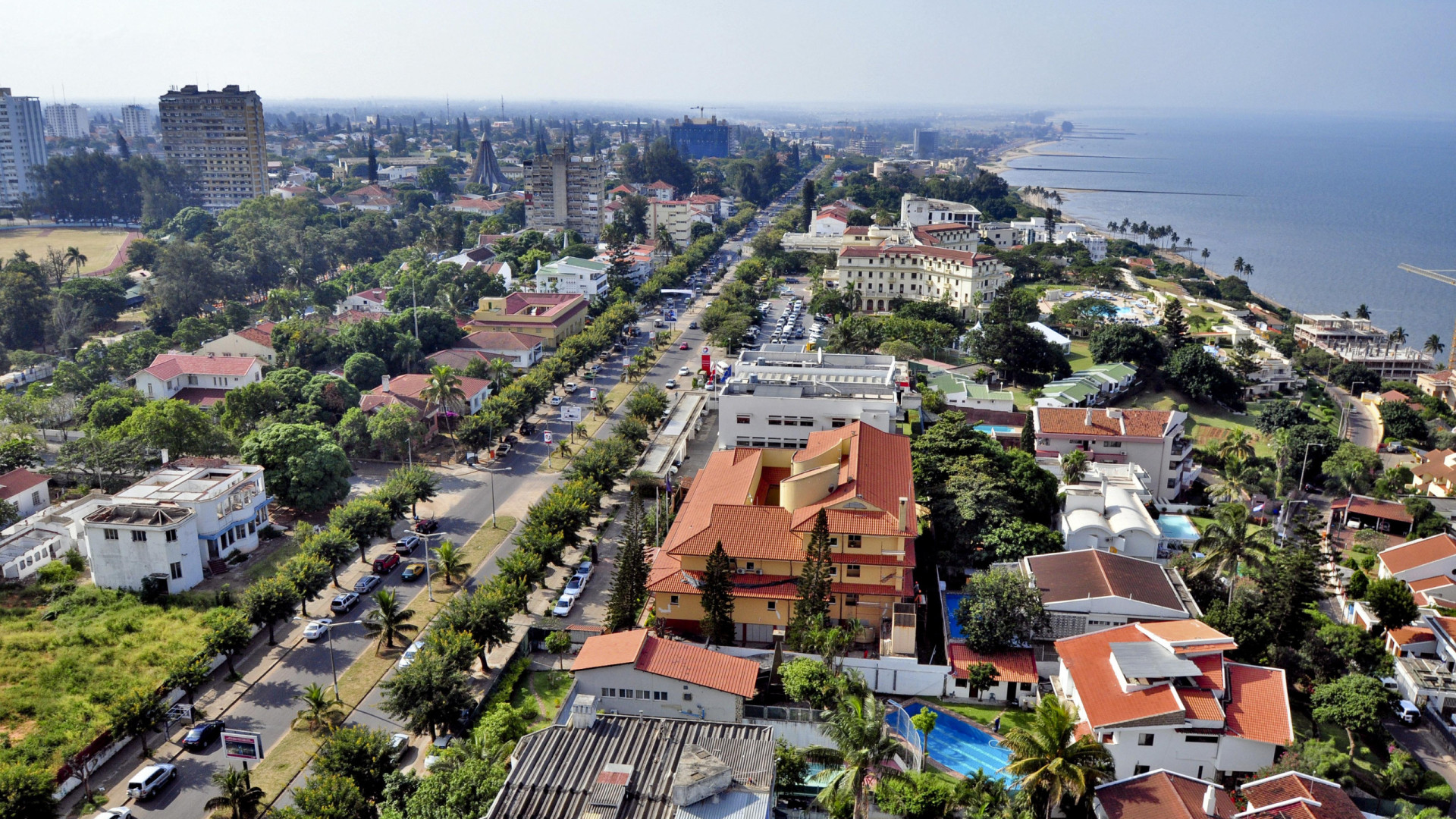Budget support donors, the World Bank and
Japan have all said recently that the Kroll forensic audit of the $2 bn secret
debt was insufficient to allow a resumption of direct funding to the
government. This suggests the squeeze on government spending will continue for
at least another year, which could have an impact on municipal elections in
October 2018. The government is already surviving by not paying its bills and
through domestic borrowing, and the World Bank in its Mozambique Economic
Update issued earlier this month noted that government was recently unable to
sell bonds even at an interest rate of 28.3%. The World Bank has been one of
the biggest providers of budget support and in March Bank country
representative Mark Lundell said he hoped budget support could be resumed this
year. But on 24 July Bank Executive Director Andrew Bvumbe dashed any such
hopes. On a visit to Maputo he stressed that budget support could not be
resumed without a restructuring of the debt, including the $2 bn secret debt,
and agreement on an IMF programme, which in turn requires filling the
information gaps left by Kroll. (Savana 28 July, Lusa 25 July).
 “The auditors were however denied full
cooperation from all institutions (national and international)” noted a report
accepted last week by the Group of 14 (G14) budget support donors. “Despite
being refused essential information, the summary suggests major misconduct from
national and international parties.” The G14 demanded “publication of the full
report and additional information to fill the major gaps”, as well as
“accountability” and fiscal and governance reforms. (Savana 28 July) So no
budget support soon. Japan has cut off all new lending to Mozambique, Yamashita
Chigiru, the representative of the Japanese International Cooperation Agency
(JICA), told O Pais (20 July) in Tokyo. He said it was necessary not only to
clarity the secret debts, but to ensure that such a situation cannot be
repeated; until then, “it is not appropriate to give loans to Mozambique.” Although
the World Bank continues to approve new projects not involving direct funding
of the government budget, Japan has stopped all new lending although it will
continue with projects already under way. In a statement 24 July Minister of
Economy and Finance, Adriano Maleiane, accepted that there would be no IMF
programme this year, but said there was the possibility of a program in 2018.
“The auditors were however denied full
cooperation from all institutions (national and international)” noted a report
accepted last week by the Group of 14 (G14) budget support donors. “Despite
being refused essential information, the summary suggests major misconduct from
national and international parties.” The G14 demanded “publication of the full
report and additional information to fill the major gaps”, as well as
“accountability” and fiscal and governance reforms. (Savana 28 July) So no
budget support soon. Japan has cut off all new lending to Mozambique, Yamashita
Chigiru, the representative of the Japanese International Cooperation Agency
(JICA), told O Pais (20 July) in Tokyo. He said it was necessary not only to
clarity the secret debts, but to ensure that such a situation cannot be
repeated; until then, “it is not appropriate to give loans to Mozambique.” Although
the World Bank continues to approve new projects not involving direct funding
of the government budget, Japan has stopped all new lending although it will
continue with projects already under way. In a statement 24 July Minister of
Economy and Finance, Adriano Maleiane, accepted that there would be no IMF
programme this year, but said there was the possibility of a program in 2018.
The report on the summary of the Kroll audit
which was accepted by the G14 group of budget support donors raises a series of
questions. It is unhappy with the summary, which did not include the Terms of
Reference (ToR) of the audit, and notes that “the lack of the ToR impedes a
proper evaluation of the report.” It says the full report should be published
by the end of September, but points to the “major gaps” in information. The
points in the Kroll summary it highlights include the lack of any viability or
value for money assessments and high fees of “about 10% of the total loan”. It
notes “Kroll concludes a potential overcharging of approximately 55% of the net
proceeds of Ematum and Proindicus” noting that “for MAM, Kroll was unable to
evaluate potential overpricing.” Thus overpricing could be as much as $1.2 bn
of the $2 bn loan. No one has been able to identify the use for the $500 mn
eventually put on the state budget from the Ematum loan. Little of the money
entered Mozambique which means the majority of transactions were made outside
the country and thus outside purchasing and financial management systems. And
it stresses that “there are accountability issues that stretch beyond the
borders of Mozambique.”

0 comentários:
Post a Comment